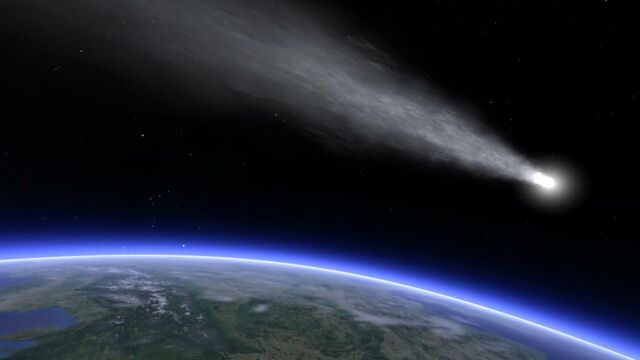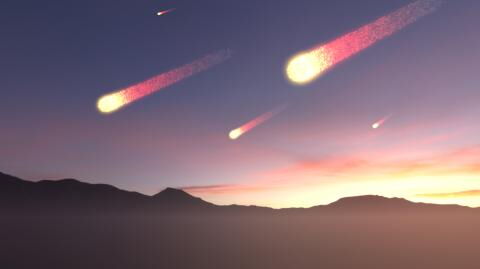If the Draconids and Epsilon-Geminids showers weren't enough to satisfy your thirst for astronomy, then the Orionids should do the trick. This third meteor shower will be by far the most impressive of the month. Here's everything you need to know about it.
Discover our latest podcast
Debris from Halley's Comet
Like every astronomical event of this type, the Orionid meteor shower is linked to a comet. In this case, it is the popular Halley's comet, also known as 1P/Halley. Named after the British astronomer Edmond Halley, this comet was first observed more than 2,000 years ago!
The Orionids become visible each October as Earth passes through the dusty, ice-filled debris trail of Halley's comet. pic.twitter.com/gJn5EwXd3Q
— Erin Jones (@ErinBarrJones) October 11, 2022
For the record, the eta-Aquarid meteor shower is also associated with comet Halley, and the Orionids are said to take their name from the constellation from which it appears to emerge from, which is named the Orion!
About 20 meteors per hour
If you were disappointed by the 'little' meteor shower of the epsilon-geminids, this one should give you a real treat. Active from October 2 to November 7, the Orionids will reach their peak on the night of October 21-22. This time, about 20 meteors per hour can be expected. Finally, it should be noted that the Orionids will be followed, a few days later, by a partial eclipse of the Sun.
This article was translated from Gentside FR.
Read more:
⋙ October stargazing tips from NASA: Sightings of Jupiter and Saturn, meteor showers and more
⋙ Green meteors spotted in New Zealand, experts explain the origin of their colour















